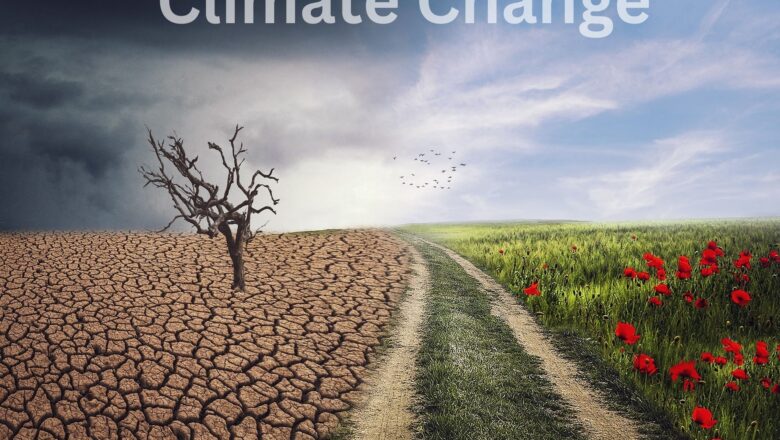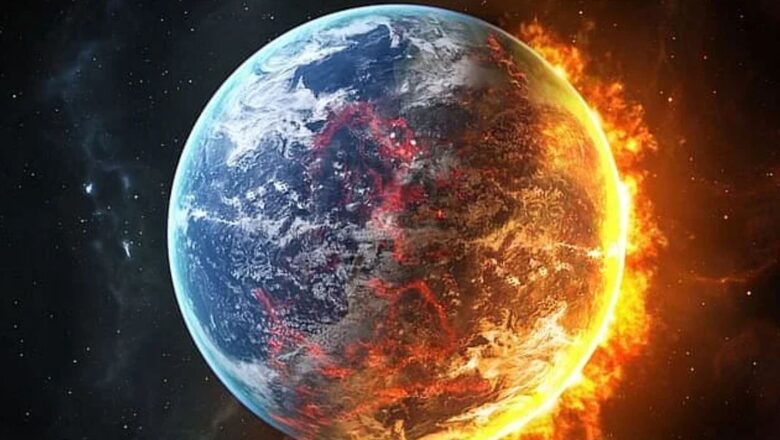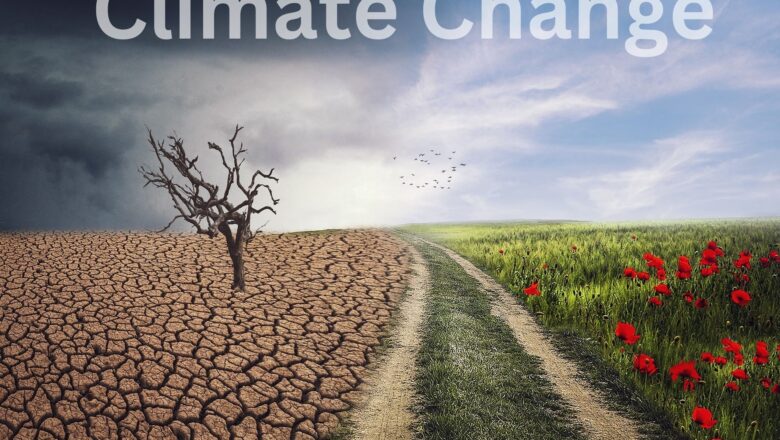
Gadkari Sounds Alarm on Pollution Crisis Urges Green Infrastructure Alternative Fuels to Protect Lives
Union Minister Nitin Gadkari has once again turned the spotlight on India growing pollution crisis calling for an urgent green overhaul of the country infrastructure. Speaking at a recent event in Mumbai Gadkari warned that pollution levels in cities like Delhi and Mumbai are not just environmental concerns they’re public health emergencies.
Highlighting a grim reality he claimed that even a three-day stay in Delhi could lead to health issues due to the dangerously high levels of air and water contamination. “Pollution in Delhi is so severe that it can reduce an individual’s life expectancy by nearly ten years,” he said, urging immediate intervention.
As part of his “green crusade,” Gadkari emphasized the role of infrastructure in pollution control. He outlined how better road networ...






